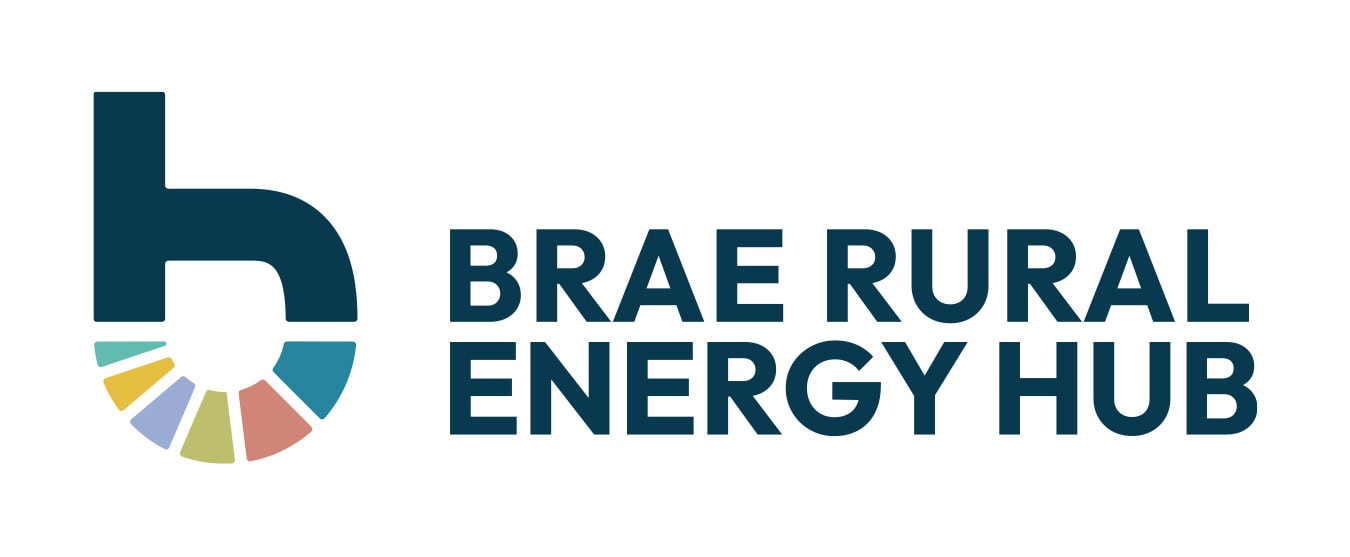Aquatera is an environmental consultancy based in Orkney with a mission to deliver innovative, sustainable energy and environmental solutions for the future. Under the Net Zero Living Programme, Aquatera leads the Rural Energy Hubs project – developing a place-based model for overcoming non-technical barriers to decarbonisation in remote and rural communities.
Based at the Orkney Research & Innovation Campus, an international hub for renewable energy development and pioneering decarbonisation approaches, Aquatera provides a wide variety of environmental services for a broad range of sectors. Its diverse client group includes national and local governments, large and small businesses, multinational corporations and community groups, a reach that extends across more than 30 countries worldwide.
Building on previous experience from projects in Orkney and Shetland, Aquatera worked with two Local Authority partners – Shetland Islands Council (SIC) and Orkney Islands Council (OIC) – as well as a community development partner, Community Energy Scotland (CES), and a research and innovation partner, the European Marine Energy Centre (EMEC) to design and deliver a place-based decarbonisation model.
The challenge
Through the Rural Energy Hubs project, a place-based model is being developed to overcome the non-technical barriers to decarbonisation. This means focusing on understanding the local opportunities and local challenges that hinder decarbonisation within rural settings. These challenges include areas such as finance, regulation, grid capacity, resource availability, market failures, behavioural change, and data accessibility.
The Rural Energy Hubs project aims to address these challenges with a central, accessible, community hub where individuals, businesses, and local authorities can access and learn about affordable clean energy solutions from local, friendly advisors.

The innovation
The pilot project, located in Brae, Shetland, is setting up a new community-facing energy hub model – testing which services and ways of engagement can best support behaviour change and adoption of low carbon technology. The Hub will be based at the Brae Youth and Community Centre alongside a range of existing community groups and a cafe. Key to the model is co-locating with other well used activities to help draw people into the Hub and maximise benefit to the community. The close collaboration with the Brae Youth Centre Committee on the development of the project has been essential to setting up the Hub.

The Brae Hub will open late summer 2025 and represents a breakthrough in how communities can engage with the net zero transition. More than a demonstration site, it will be a working, low-carbon facility offering real-world service. The building has been renovated by the project with insulation, smart electric storage heaters, solar and batteries, and EV charging. As a result, the hub will be a warm, low carbon building that the community can use and enjoy and where people can come and see for themselves how these technologies work in their local environment. The hub will offer e-bike hire, co-working space, an electric vehicle charger, car club and café.
Certified energy advisors will provide a drop-in service where the local community can find out how to lower their energy costs by adopting low carbon technologies, as well as information on funding available to help. Staff participate in Shetland-wide forums on decarbonisation and a programme of events will encourage sustainable living.
Strong cross-sector collaboration has been key. Aquatera, SIC, OIC, CES and EMEC work as partners – sharing skills, responsibilities and challenges. Crucially, the Brae Hub will be run by the community, for the community. In March 2025, the project successfully recruited a full board of local directors, demonstrating strong grassroots support.
Everyone we spoke to at the board recruitment event was really enthusiastic and emphatic that the Hub was exactly what the community needs. It was a real ‘if you build it, they will come’ moment in the project, because it showed that we had the community buy-in needed to get the pilot of the Rural Energy Hub off the ground.
– Anna Marriott, Rural Energy Hubs Project Manager, Aquatera
The impact
Innovate UK funding enabled the Rural Energy Hubs project to test a bold, practical approach to community decarbonisation.
This public-private partnership working approach has given us the opportunity to utilise specialist knowledge and skills from the private sector and, in turn, speed up delivery of our strategic goals, while at the same time up-skilling the internal staff involved. There are also clear economic benefits both for the authority and local businesses who get involved either as partners, contractors or suppliers of goods and services.
– Claire Ferguson, Team Leader, Climate Change Strategy, Shetland Islands Council
Aquatera’s experience has been key to designing an approach that works in the real world. The Brae Hub will be a community facility that demonstrates low carbon technologies as ways to reduce energy costs and emissions as well as offering the advice, tools and insights to help the local community make the switch.
This pilot hub will serve as a demonstration of how future hubs could be set up and managed in the future.
OIC has benefitted from the expertise and experience, which in some cases are not present within the OIC, we have gained from knowledge sharing greatly. The businesses and SMEs involved in this project have completed similar projects in the past and, therefore, were able to lend their ideas along with direction and considerations. The expertise and experience has saved a great deal of time, which is hugely beneficial in short timeline projects.
– Craig Gillon, Strategic Projects Manager, Orkney Islands Council
Lessons in partnership working
When it comes to working with local authorities and partner organisations, Anna Marriott highlights the importance of identifying roles and responsibilities early on – working out the strengths and weaknesses of each organisation allows projects to be really practical and strategic about who should lead and who should support on each deliverable in the project. Anna leads the Rural Energy Hubs Project and has worked on four IUK projects with Aquatera.
There has been a very strong spirit of collaboration, responsibility and mutual support, with everyone sharing their experience and expertise. Every time we come up against new issues and barriers we brainstorm together how to best overcome them. It is a highly creative and effective team.
– Anna Marriott, Rural Energy Hubs Project Manager, Aquatera
The team has secured four years of funding to support the operational demonstration of the Brae Rural Energy Hub. This means a longer-term operational pilot to demonstrate the model, testing which services and engagement methods best support behaviour change and adoption of low carbon technology, and what income sources make a financially viable business model. The project will also develop replication opportunities from this learning.
Taking part in Innovate UK projects can be beneficial to SMEs that want to undertake research and innovation, but do not have the resources of larger companies to fund R&D. Innovate UK projects provide funding that helps cover costs, partnerships that enhance your networks and expert supervision that will challenge and develop the experience in your team to deliver robust and well-planned projects. IUK projects help you to drive innovation in your community that might otherwise not be possible and bring you new business opportunities.
– Anna Marriott, Rural Energy Hubs Project Manager, Project Manager, Aquatera
If you would like an introduction to Aquatera, please contact: team-netzero@iukbc.org.uk

